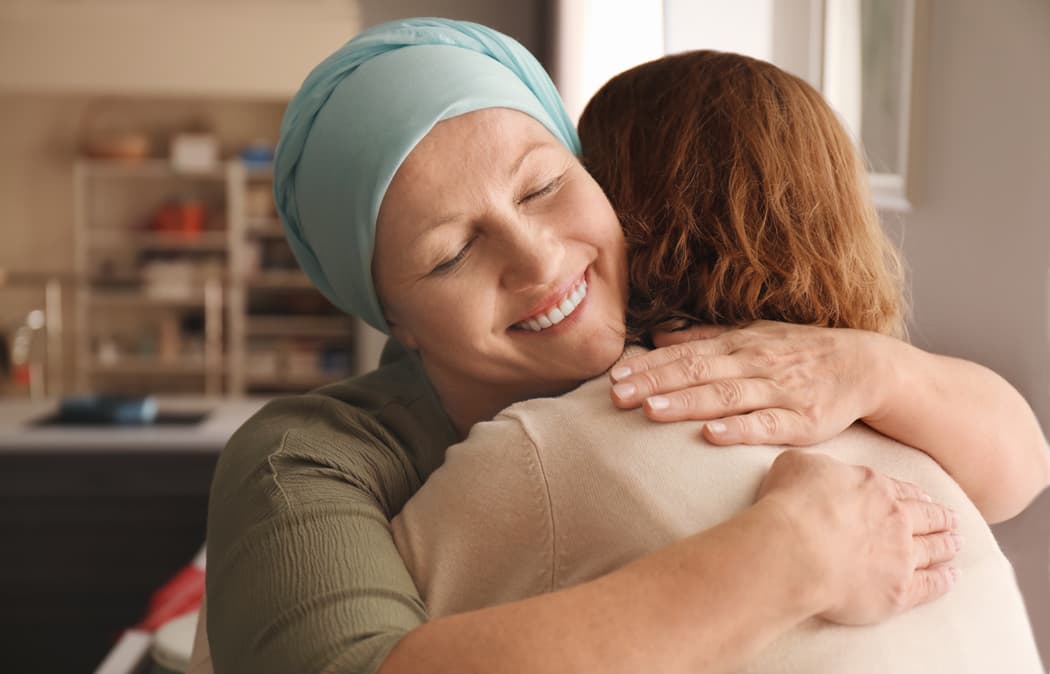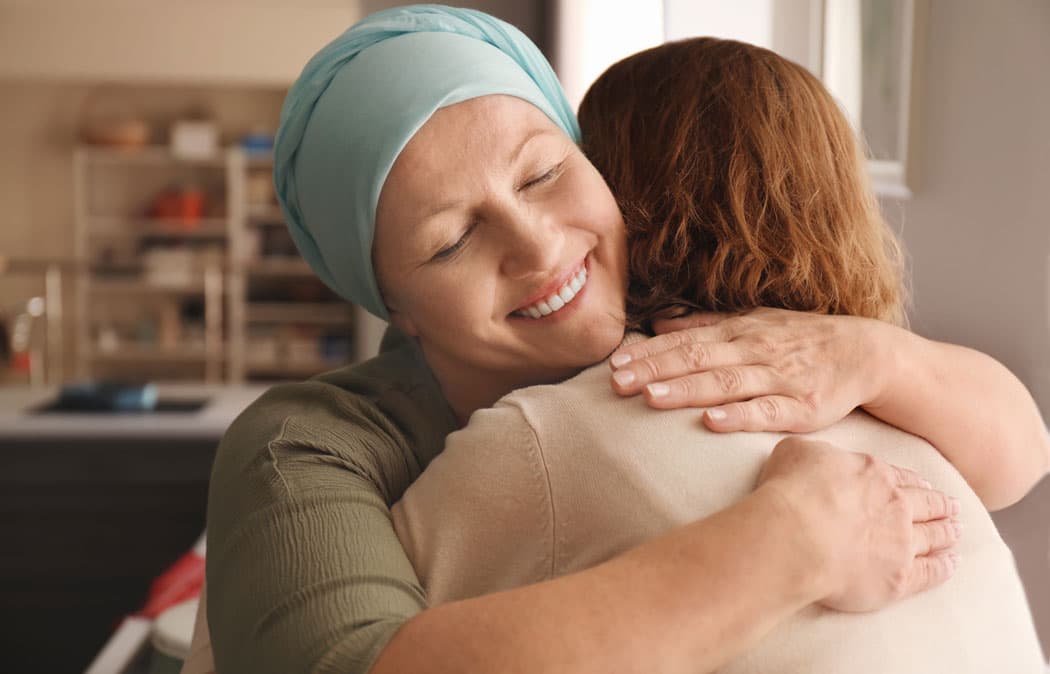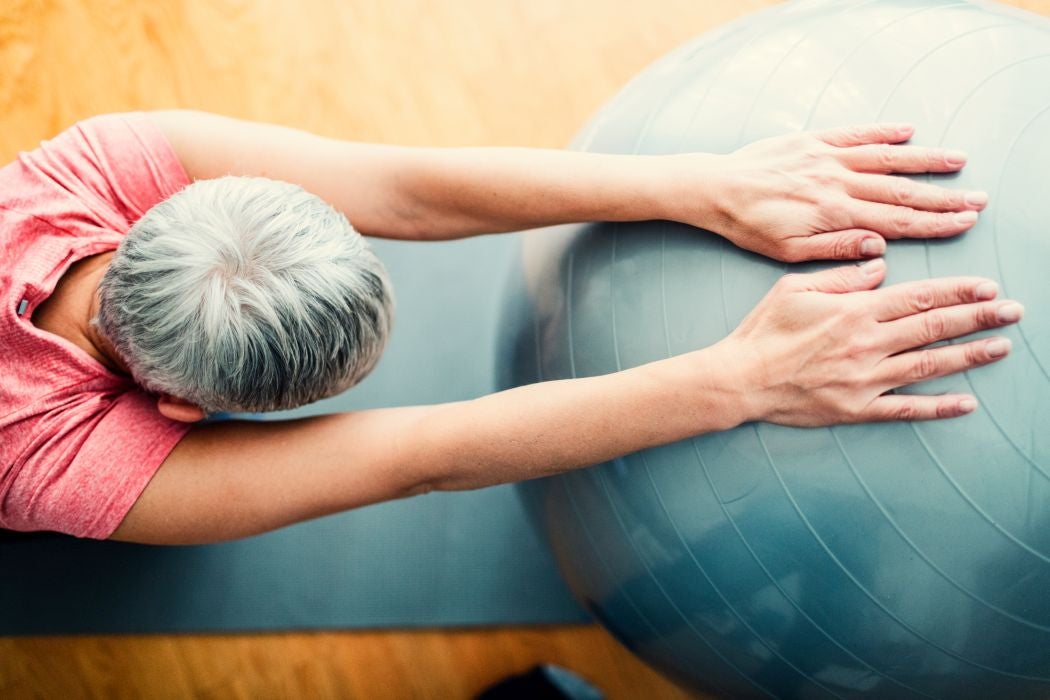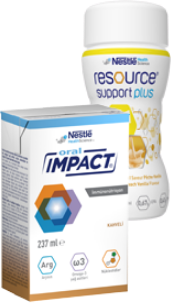Going Back to Work and the Social Scene after Cancer Treatment
"Support from family and friends makes things easier, but you need to be mentally prepared and focus on what you need to do."

After cancer treatment, going back to work and being around people who you used to socialize with often may need adjustment and patience. You may feel tired or find it difficult to concentrate at first. Additionally, you should think about how much you want to share (and what exactly), and have a plan prepared on how to deal with negative reactions from those who know (or find out) things, as they may cross some lines or start avoiding you.1,2
Going back to work after cancer treatment requires some planning
After getting the doctor's consent to return to work, it’s best to ask your employer about the possibility of starting again slowly. That could mean working less hours at first or working from home a few days a week. Try negotiating flexibility too, as you’ll still need to go to medical appointments sometimes.2,3
Besides, there are also some small things that may be helpful, for instance: taking short breaks throughout the day (5 to 10 minutes every hour), using alarms to remember tasks and assignments, and counting on colleagues to help you catch up and get back on track.2,3
Social interaction and work stories
Despite all the changes, she even moved to another city due to treatment, Maria Elisa tried to keep a positive attitude and be as close as possible with her friends, family and children. "I had everything: medical assistance, support from family and friends - some even had already been through similar situations. All of this helps and makes things easier, albeit I did have gloom moments. But you need to be mentally prepared and focus on what you need to do. It's awful to feel sorry for yourself."
Maria Elisa's expansive and talkative personality helped her to continue connecting with people as usual (all things considered) since the beginning of her treatment in a clinic. "Since they also had a rehabilitation program, I was often around people at various stages of the disease and qualified workers with different expertise. So I ended up going to several places with them, and getting involved with the clinic’s activities."
Maria Elisa was already retired when she had cancer, but she worked at “Associação Atlética”, an association where she lived. There, she was open about the disease since the beginning and claims they supported her all the way. "I didn't go back to the association due to the treatment’s routine, but now I have my own business. The disease made me look at myself, take care of myself. I'm putting myself first and living every moment as if it were the most important one."
Debora Evellyn, on the other hand, had to distance herself from friends because of the treatment. She also had to stop working and going to classes. "Both the disease and treatment make us frail. During chemotherapy, for instance, even though we all kept a light and fun atmosphere, we could never know if we’d feel tired or sick afterwards. And we need to avoid crowded places because of the risk of infection."
But even so she insisted on going back to college with her doctor as soon as she felt better. "I would always say, ‘I want to go back, I want to go back!’ And he wouldn't allow. Until one day he gave in and said: 'All right, you can go back. But you’ll have to be extra careful not to get an infection.' So, I went back and I even wear a mask. But it wasn't easy, I had to face a lot of discrimination from many people. Some people even think I'm ‘playing victim’ to get attention."
Although she hasn’t been able to return to work yet, cancer eventually led Debora to start doing something new. Furthermore, she began seeing life differently and enjoying every moment just like Maria Elisa. "After having cancer, I did things that I’d never thought of before, or that I kept putting off. I even went skydiving! But only when I was better and the doctor consented, of course! In the end, I am grateful because I see things in a different way now", completes.
References:
1 - Returning to Work After Cancer Treatment. American Cancer Society. Available at: https://www.cancer.org/treatment/finding-and-paying-for-treatment/understanding-financial-and-legal-matters/working-during-and-after-treatment/returning-to-work-after-cancer-treatment.html. Access on: December/2019.
2 - Hoey NV. Returning to Work After Treatment. American Society of Clinical Oncology - ASCO. Available at: https://www.cancer.net/blog/2016-08/returning-work-after-cancer. Access on: December/2019.
3 - Prepare to Return to Work After Treatment for Cancer. University Health Network - UHN. Available at: https://www.uhn.ca/PatientsFamilies/Health_Information/Health_Topics/Documents/Prepare_to_Return_to_Work_after_Cancer_Treatment.pdf. Access on: December/2019.
Know more about the subject

Navigating Nutrition: Colon Cancer Diet Advice
Eating well and following a balanced, nutritious diet is one of the best ways you can prepare for colon cancer treatment1. But what is a healthy ‘colon cancer diet’?

Cancer Survivorship: Stages, Statistics, And Care

Staying Hydrated During Treatment

Safe Food Handling with a Weakened Immune System

How to Cope with Constipation

Rehabilitation Improves Cancer Patients’ Quality of Life
Several factors, such as age and disease progression, need to be taken into account in order to decide what kind of rehabilitation is best.1



